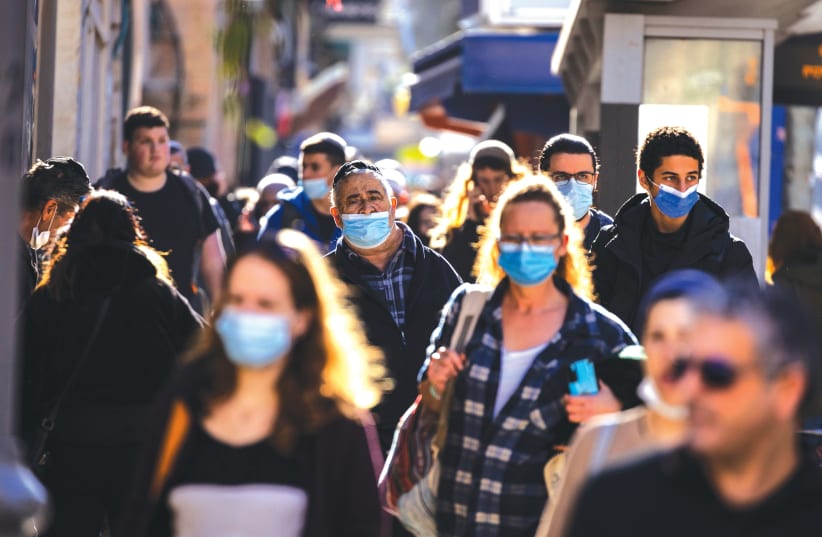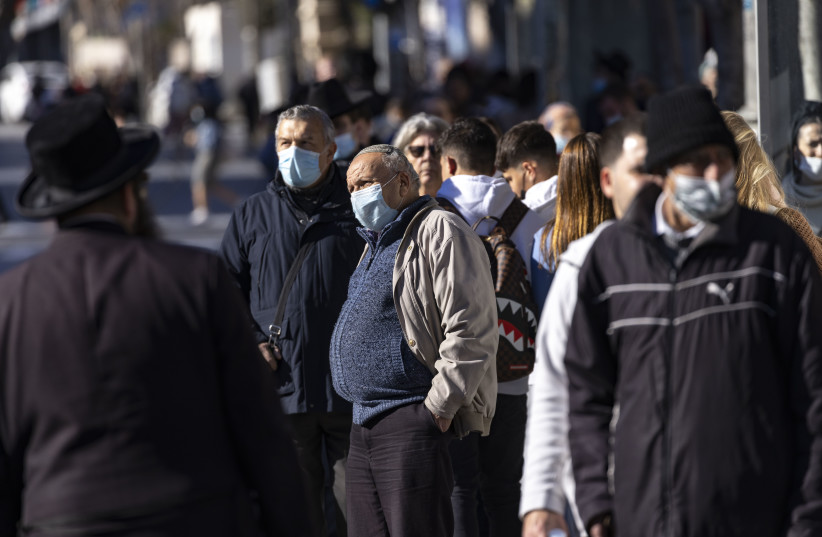Researchers have developed a device that can help assess personal exposure to COVID-19, according to a study published in the peer-reviewed journal Environmental Science & Technology Letters.
COVID-19 is primarily transmitted by droplets in the air produced by infected individuals when they cough, sneeze, breathe and speak. Researchers have managed to develop devices that detect COVID-19 in indoor areas, but these devices are large, expensive and non-portable. The study authors wanted to create a device with similar abilities and make it cheap and small for easier use. This could be a great help to workers in high-risk settings like healthcare personnel.
The researchers created the Fresh Air Clip, which absorbs aerosols from the air. After successfully testing the clip in a rotating drum into which they generated aerosols containing a surrogate virus with similar properties to COVID, they gave clips to 62 US-based volunteers who wore them for five days.
Results taken from the clips showed that five of the volunteers - four restaurant servers and one homeless shelter staff person - had been exposed to COVID.
The Fresh Air Clip has not yet been commercialized, but the results of the study show a promising indication that the device could help keep people alert as to when they have been exposed to COVID.
It is important to note that while potentially useful, the device does not provide a replacement for masks, social distancing and proper hygiene, which all help reduce the chances of spreading the virus.

